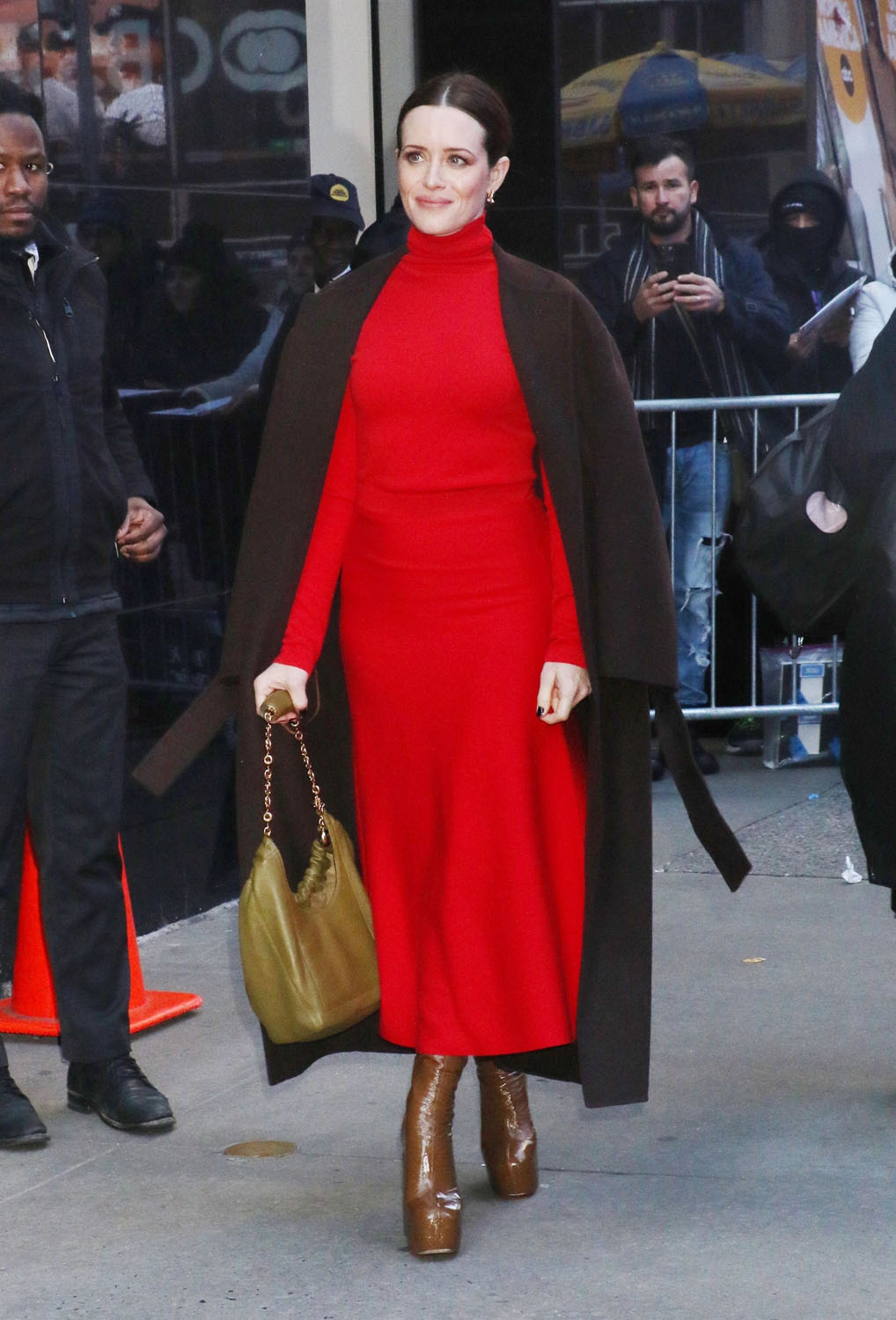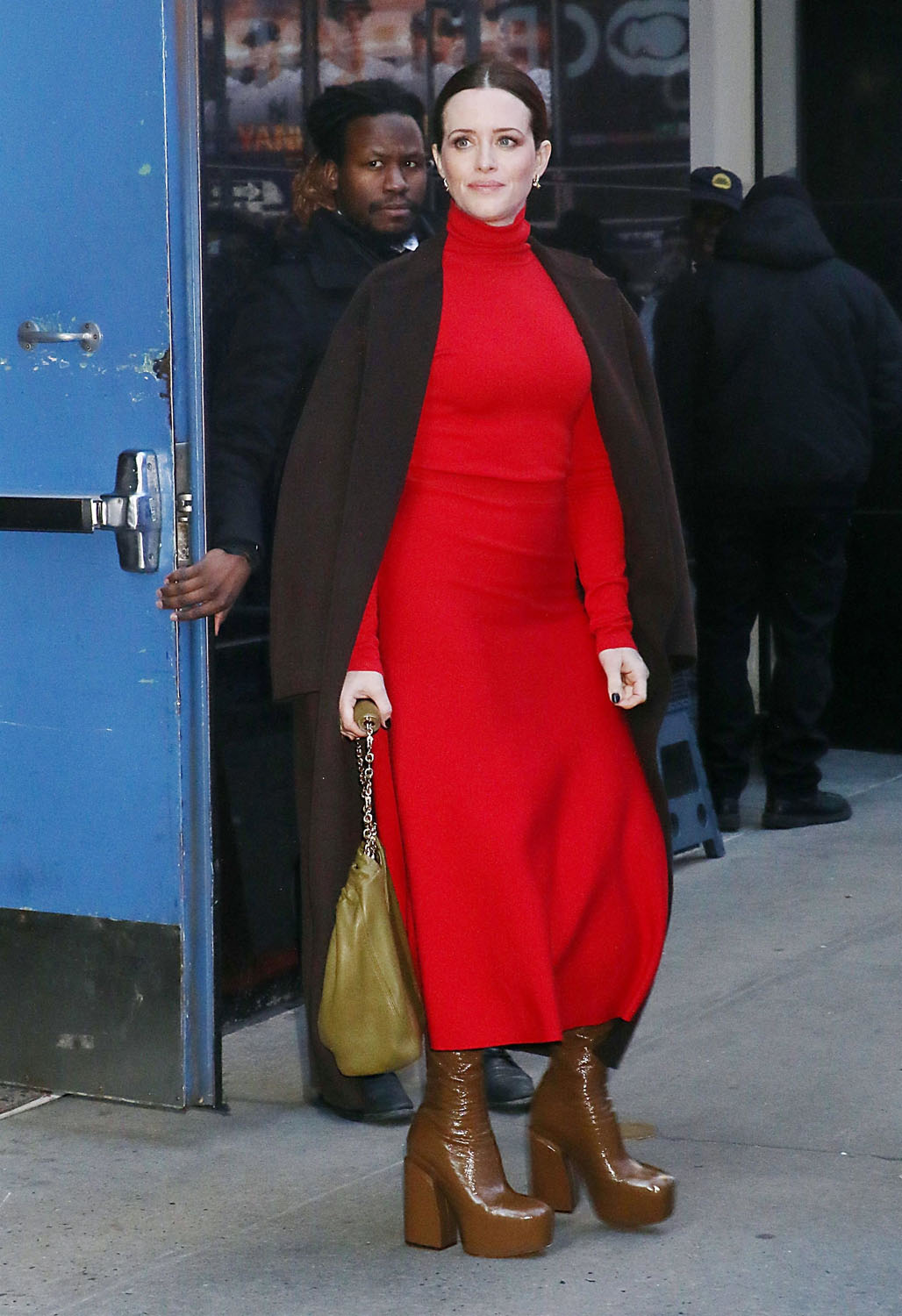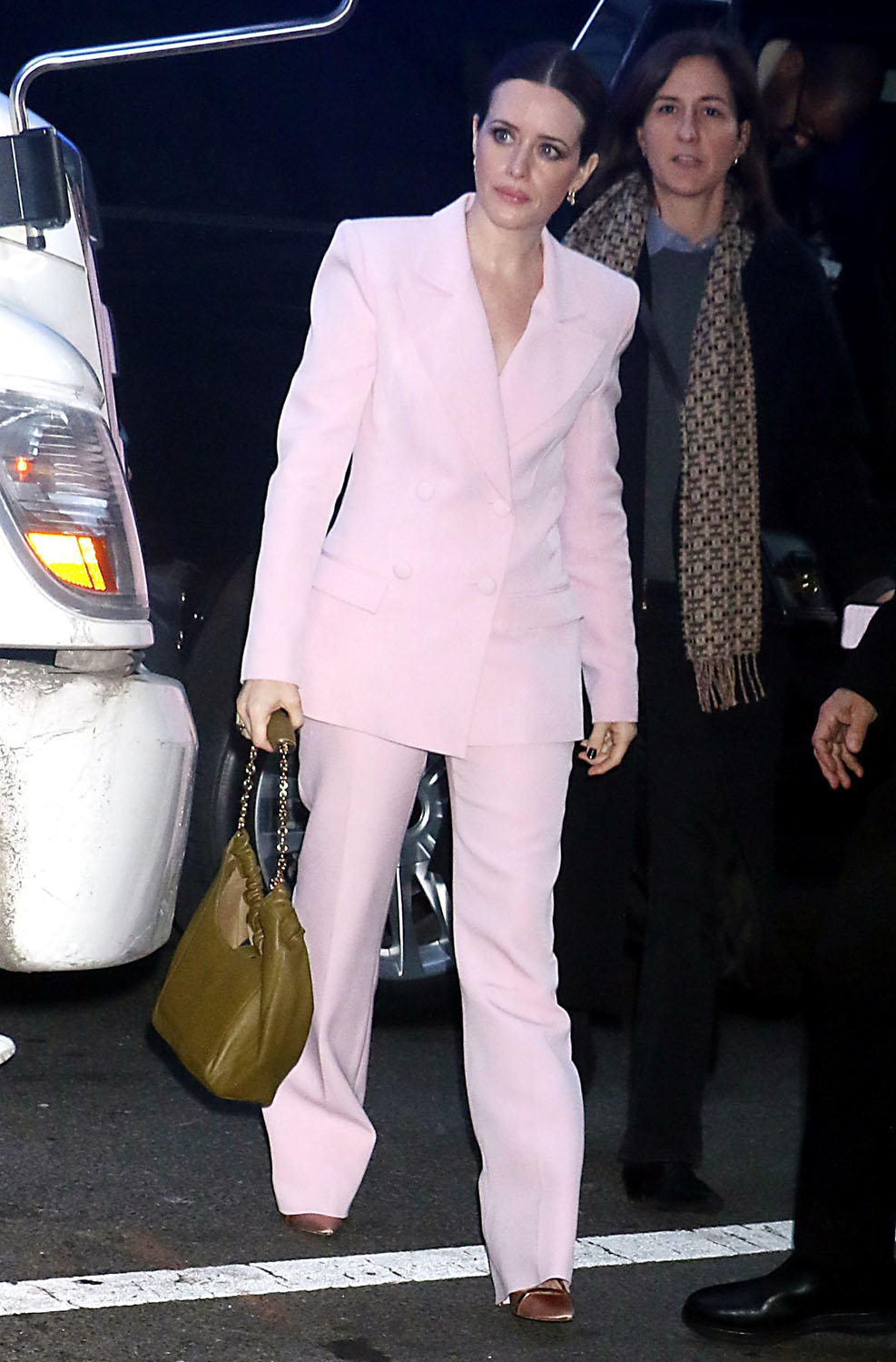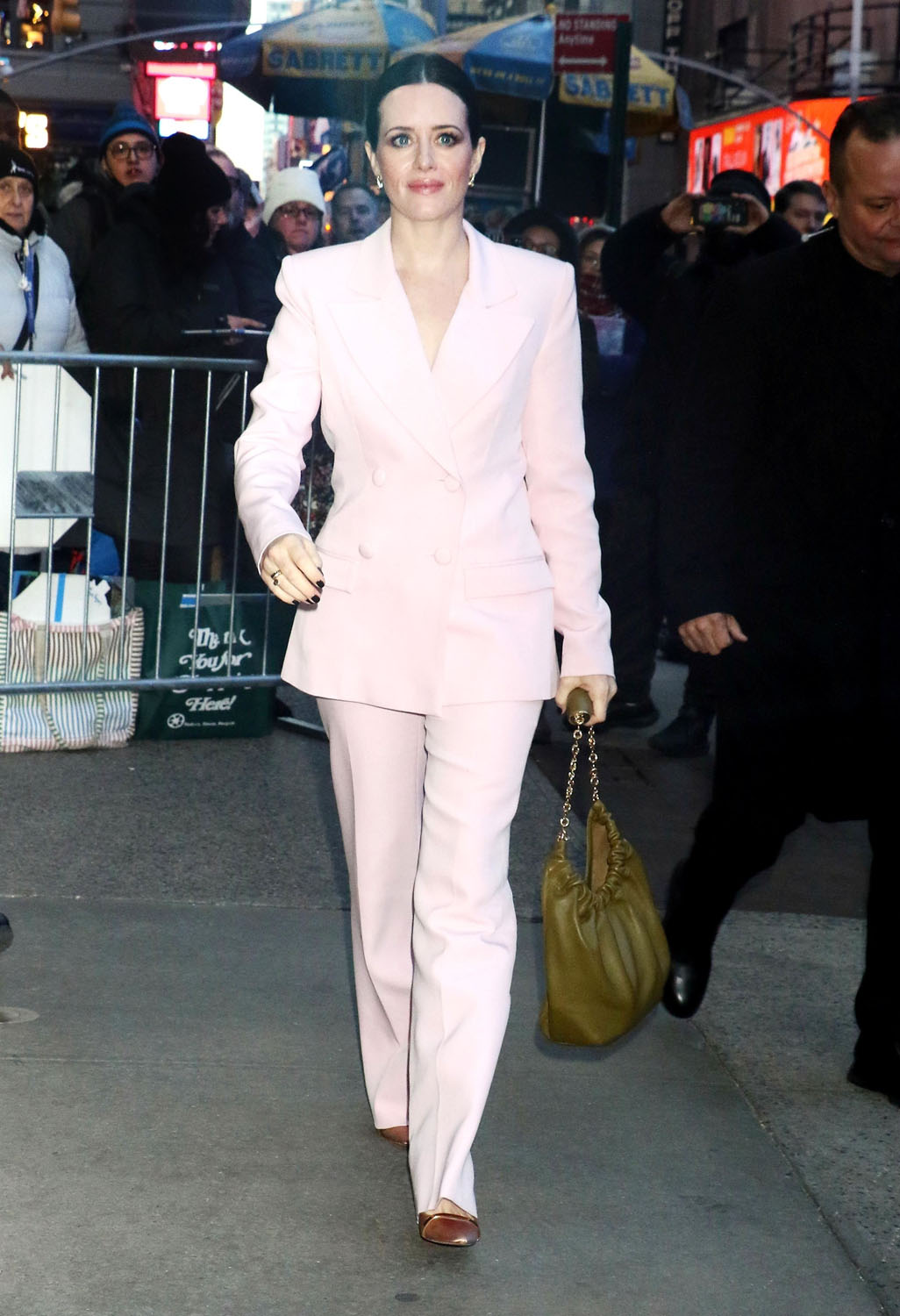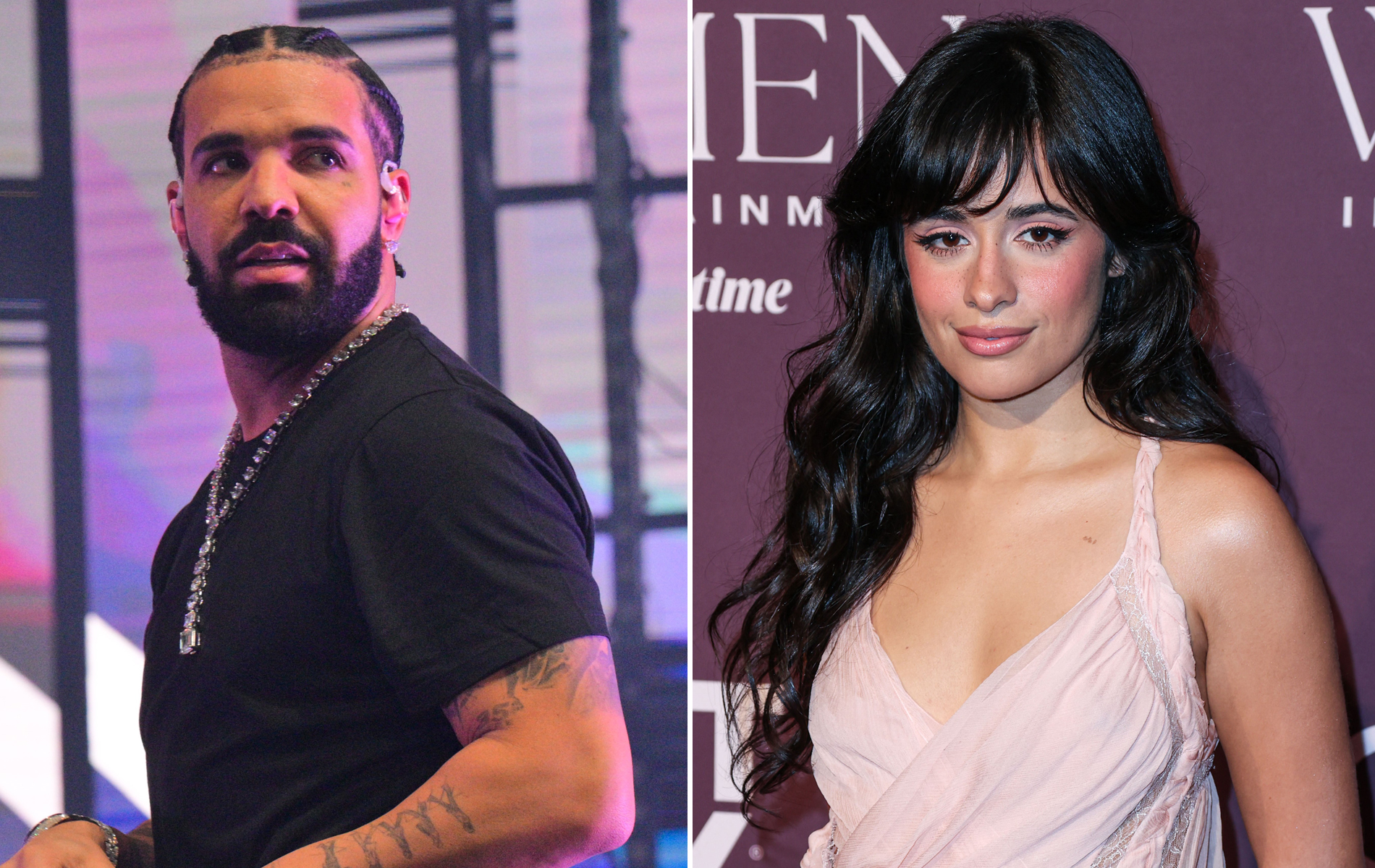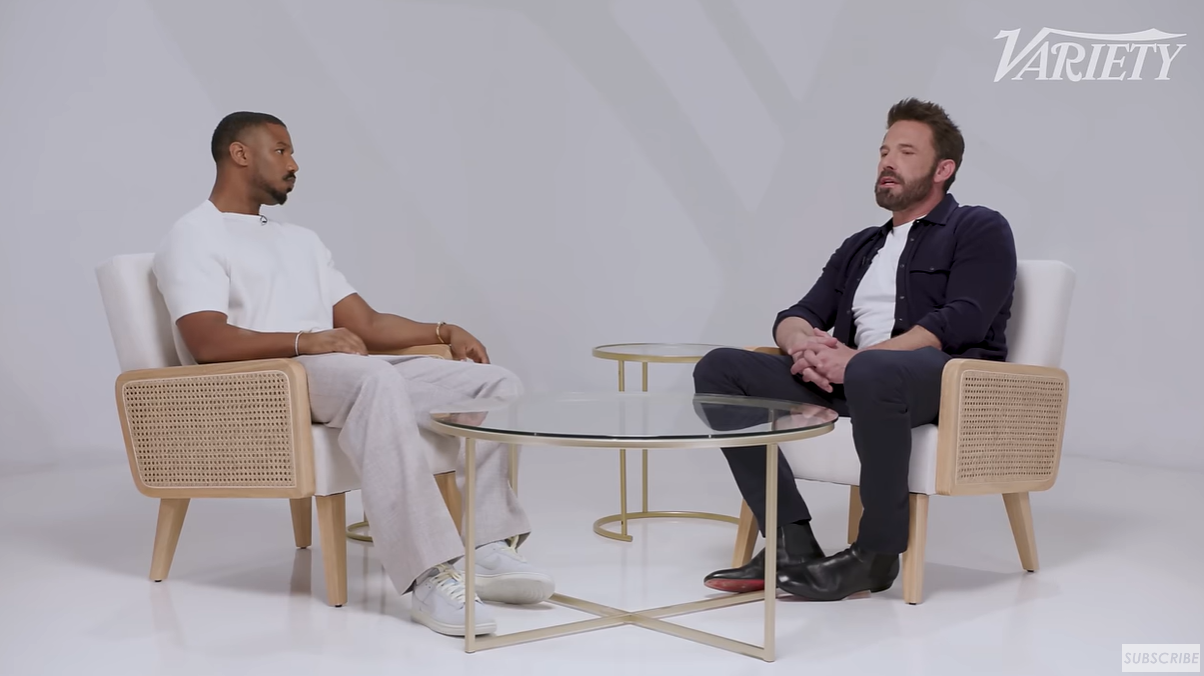The Crown ends with a whimper


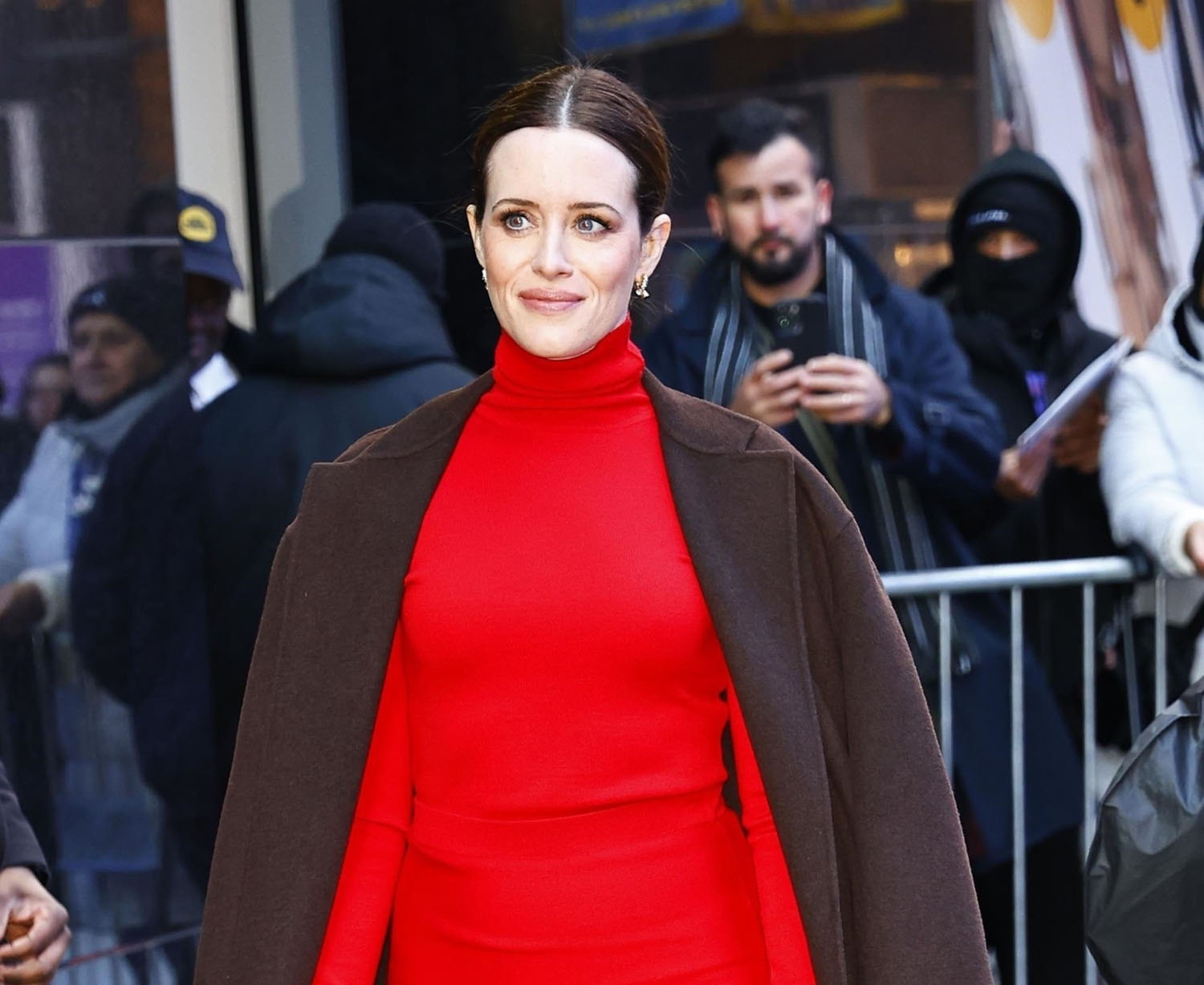
The final season of The Crown was split into two parts, with season six part one reaching the series’ nadir. Part two is now streaming and is at least a little step up from the first four episodes of this season. Six episodes make up the second part of the season, including the series finale, and unlike the first four episodes, this time series creator and showrunner Peter Morgan works with co-writers for five of the six episodes (he is the sole credit on the series finale, “Sleep Dearie Sleep”). Perhaps that accounts for the slight uptick in quality, or maybe it’s just that we’ve left the gross portrayal of Mohamed and Dodi Al-Fayed behind, as well as being spared any more ghostly visits from the late Diana and Dodi.
The final episodes of The Crown cover the early millennium period, another ghastly aesthetic era that will leave you longing for the mid-century glamour of the first two seasons, or even the more colorful, wacky fashions of the 80s. William and Harry are now at university, with most of the focus being on William’s years at St. Andrews University. William is played with intermittently dashing shyness by Ed McVey, who teeters between leftover teenage brattiness and a growing sense of duty and responsibility being impressed upon him as he steps more into public view, often to ease bad press for his father, Prince Charles (still played by Dominic West). It is at St. Andrews that William meets Kate Middleton, played with wide-eyed blankness by Meg Bellamy. Harry, meanwhile, is played by Luther Ford as a snotty, borderline mean and emotionally manipulative troublemaker.
These actors are not to blame for how The Crown turned out, the writing failed them. Peter Morgan is uninterested in challenging the popular narratives of these years, and seems to be writing William and Harry, particularly, to foreshadow their eventual estrangement. That would be fine, if he was making any kind of point with this narrative, but he’s already tread the “it’s hard being #2” ground to much better effect in the first two seasons via Princess Margaret. He’s adding nothing new here, and resists interrogating millennial tabloid culture, even as William and Harry lament the continued intrusion into their lives.
Things go a little bit better for Queen Elizabeth II (Imelda Staunton) this time, at least, as we move past the annus horribilis and into QEII’s “recovery” years in which her legacy is cemented as the stalwart queen who stayed above the fray. Bertie Carvel appears as Tony Blair, at first wildly popular, later decimated by the failure of the Iraq war and his backing of it. As Blair’s popularity wanes, Prince Charles comments that once “they have a taste of life at the top, they never want to leave.” Said by a man who will never have to leave “life at the top!” There is NO interrogation of that attitude toward elected power coming from entrenched, imperial power. The Crown is so boring! The pieces are there and Peter Morgan refuses to do anything interesting with them.
The first and fourth seasons of The Crown—the best seasons—used the royal family and the soap opera format to tell an entertaining story that also had some thoughts about our world today and how a monarchical institution is inherently at odds with modern life. This last season of The Crown plays like an apologia to the royal family for the pointed observations and unflattering portrayals of those better seasons. It leaves the actors little to do, though Leslie Manville tries to turn a speed run through Princess Margaret’s physical decline and eventual death into a dignified portrait of aging in the face of terrifying diagnoses. Imelda Staunton, too, gets something to chew on in the first episodes of part two as Elizabeth loses some of the last people close to her. But it’s not enough to offset the tiresome repetition of recent history without anything interesting to say about the world or even just this one f-cked up family.
There are a couple strange moments in the final episode in which Olivia Colman and Claire Foy return as the previous iterations of Elizabeth to chastise Imelda-Elizabeth for either trying too hard and/or not hard enough, it’s a strange and unsatisfying way of bringing together the three actors who portrayed Elizabeth in the series. The final episode also includes an outright acknowledgment no one will do the job as well as Elizabeth, which again feels like apologia, but also can be viewed as a fond farewell after the real QEII’s death.
Much like a prime minister, The Crown overstayed its welcome and ended up offering half-hearted pleas for forgiveness for all those mean things it said in earlier seasons. The royal family as social metaphor is exhausted, and Peter Morgan ran out of things to say at least two seasons ago. It’s not even enjoyable on an aesthetic level, because the early 2000s, like the 1990s before them, were a sartorially hideous time. The final season of The Crown lacks the sparkle and intrigue of the earlier seasons, and ends on a mawkish, apologetic note. It’s a sad corgi whimper for a series that started with a strong bite.
The Crown is now streaming in its entirety exclusively on Netflix.
Attached - Claire Foy at Good Morning America yesterday in New York.

